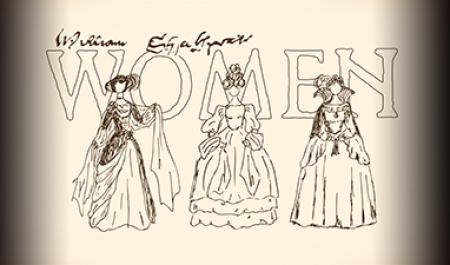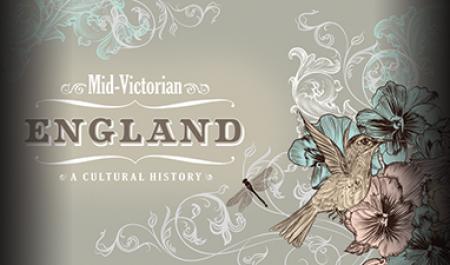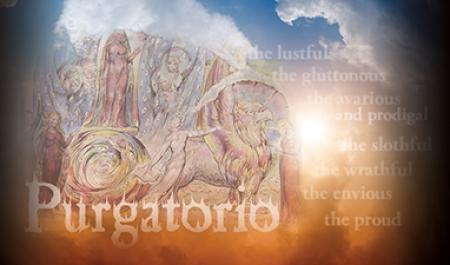Many of Shakespeare’s most powerful, intelligent, and subversive characters are female. How were such vividly complex roles constructed in a culture that legally defined women as property on the grounds of their intellectual and moral inferiority? Given the early modern imperatives of feminine silence, chastity, and obedience, how is it that women impel Shakespeare’s plots, orchestrate conflicts, and—in many instances— impose “resolutions”?
This course will address the social and historical contexts of Shakespeare’s women and how the playwright both generates and subverts his culture’s assumptions about gender. While examining the extraordinary vitality of his female characters, we will ask: What is their relation to the state, the family, the church, political economy, and desire? In short, what is their relation to order and disorder?
Each class will focus on a different play: A Midsummer Night’s Dream, Romeo and Juliet, As You Like It, The Merchant of Venice, and Othello.






